DD’s ‘Shanti’ to Netflix’s ‘Delhi Crime’: How Rajesh Tailang Became a Household Name
Rajesh Tailang from Bikaner, Rajasthan, made his mark on OTT platforms like Netflix and Prime with series like Delhi Crime and Mirzapur.
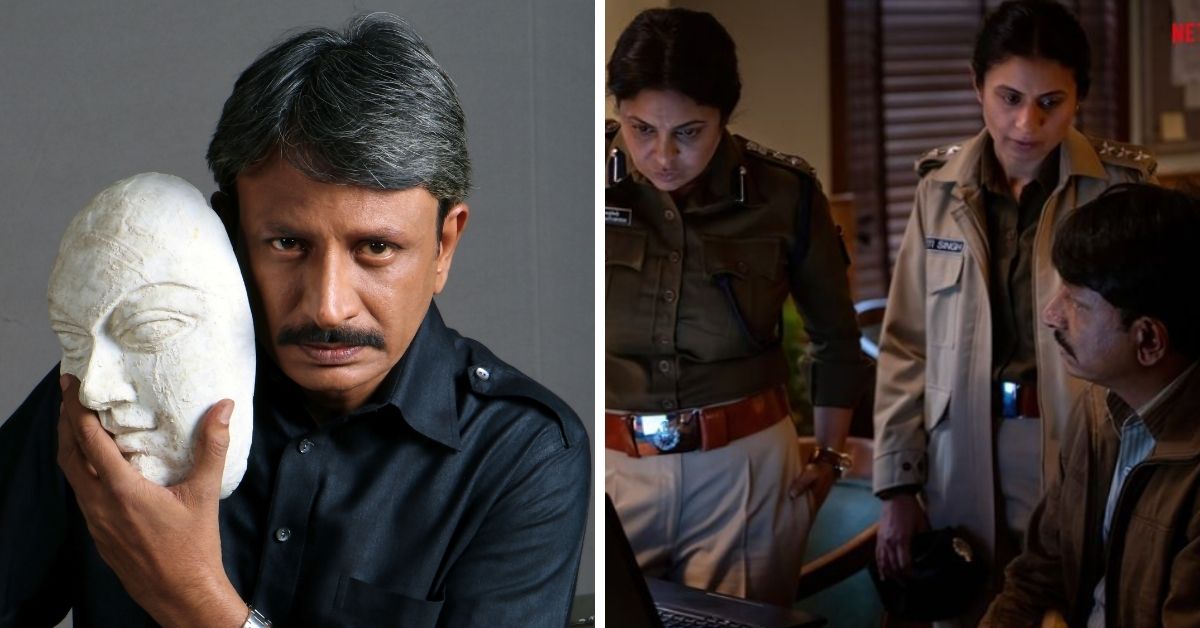
They say ‘acting is a shy man’s revenge to the world’ and actor Rajesh Tailang is living proof, or so he likes to believe going by his recent tweet.
In the 30-second video he shares his life’s filmography, from essaying Mahindra Saini in Siddharth (2013), Vijay Kumar in Mukkabaaz (2017), Ramakant Pandit in Mirzapur (2018) to Rajinder Singh in the Emmy-winning series Delhi Crime (2019).
Acting is a shy man’s revenge to the world ! pic.twitter.com/ZXdQHJic11
— Rajesh Tailang (@rajeshtailang) February 14, 2022
Seeing his diverse choice of roles of different ages, demographics, cultures and temperaments, it is hard to believe that he is an introvert.
“It is generally assumed that kids who made jokes, sang and danced are likely to become better performers or actors as adults but that is not true. If you notice, most actors are shy but hungry to portray different characters. That is the only time when they can be whoever they want without being conscious of their personality,” Rajesh says. 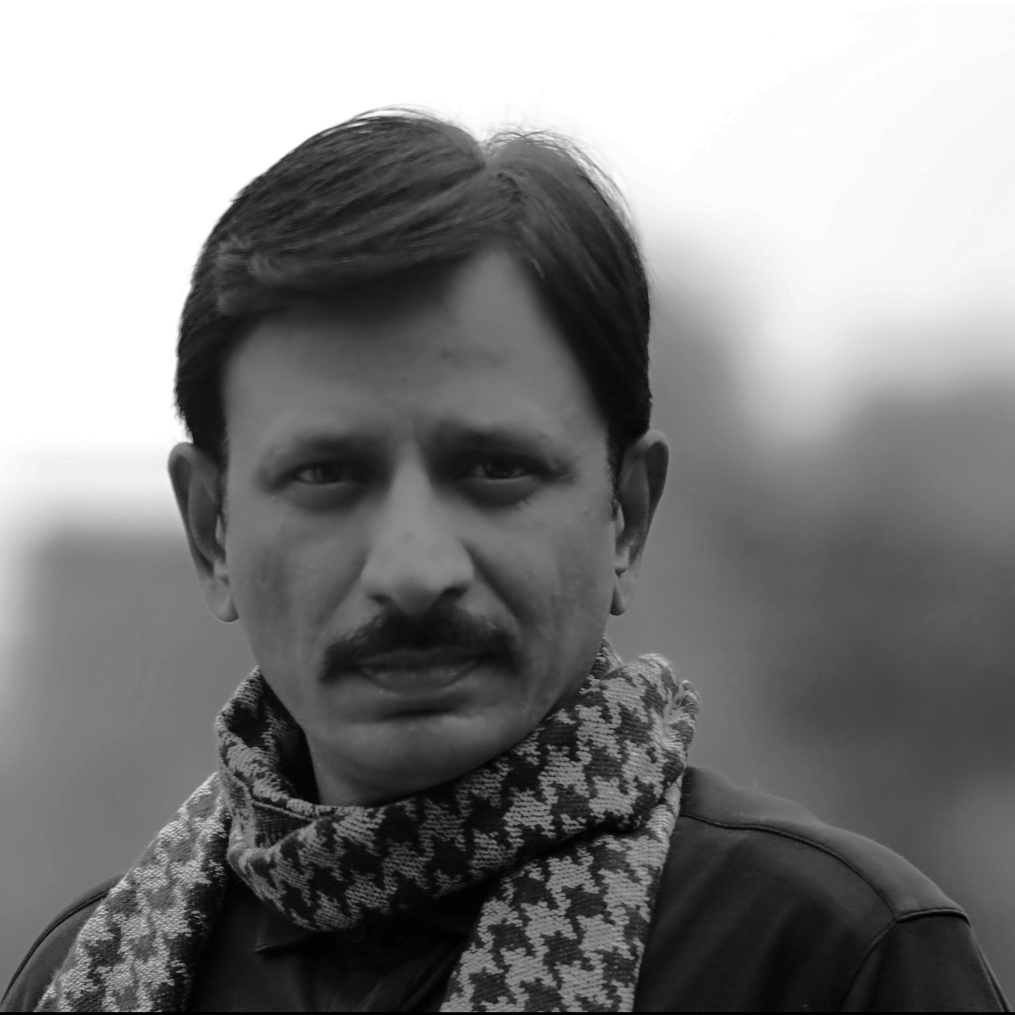
Rajesh is not alone in this, for the late actress Sridevi and actor Shah Rukh Khan are very much part of this club.
The 48-year-old is known for his roles in OTT series like Mirzapur and Selection Day (2018), he began his onscreen career with the famous television serial, Shaanti (1994). Helmed by actress Mandira Bedi as an investigative journalist, Rajesh appeared in more than 750 episodes as ‘Mannu’.
In his debut film, Hazaar Chaurasi ki Maa (1998), starring Jaya Bachchan, he played a 65-year-old man at 26.
In a hearty conversation with The Better India, he shares why he is not afraid of choosing unconventional roles or exploring theatre when Hindi cinema had nothing substantial to offer and how OTT platforms are his ‘second innings’.
‘Art is in my genes and blood.’
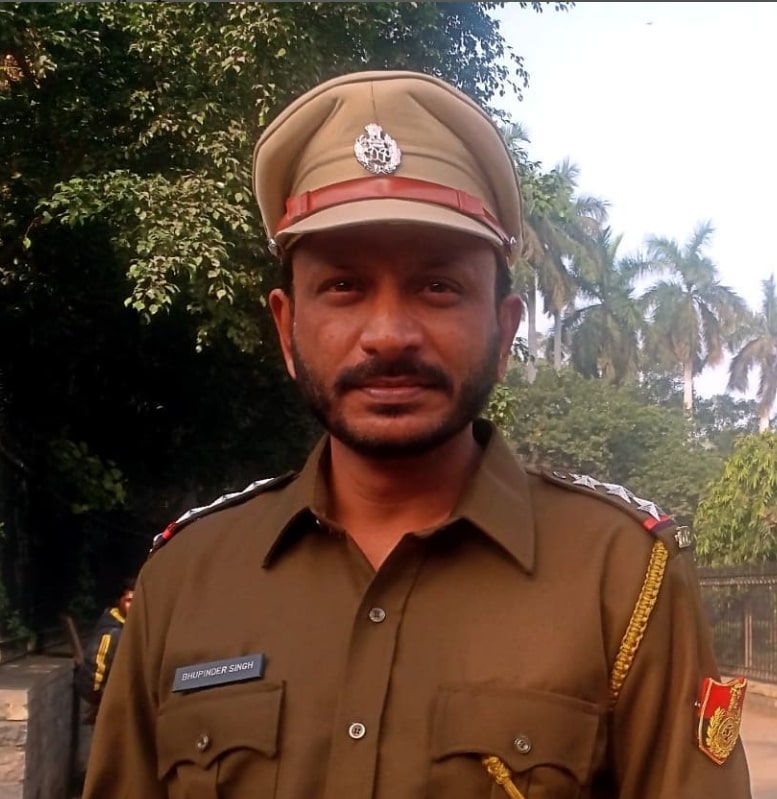
Rajesh’s story is a little different from actors from small towns whose families are concerned when they do not choose a mainstream career and aspire to join an art form.
Born and raised in Rajasthan’s Bikaner district, his family members were engaged in different art forms. His grandfather was a tabla player and a Dhrupad singer. All his uncles and cousins play the sitar. His elder brother was a cartoonist.
“We have painters, journalists and musicians in our family so choosing theatre as my art was welcomed. I started doing plays when I was 12 and seeing my talent my brother invited me to Delhi for a workshop in the National School of Drama (NSD). That workshop opened a wide range of possibilities for me,” says Rajesh. 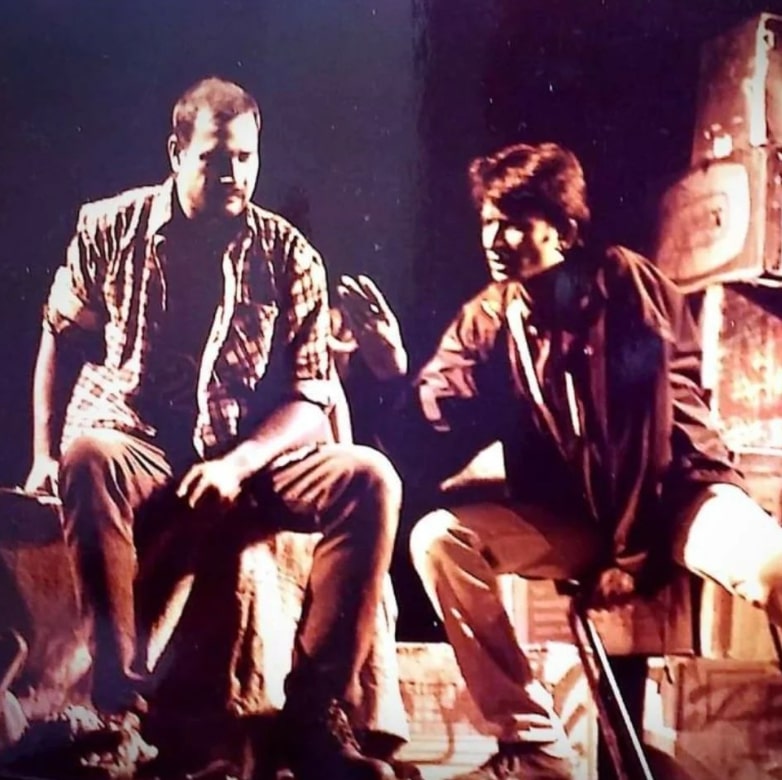
However, the eligibility for NSD was a graduation degree and a minimum of 10 plays. With eyes fixated on the prestigious institute, he did BSc in Mathematics and went to act in 15 plays.
He joined NSD in 1990 and thus began his acting journey.
“By the end of my undergraduate course, I was sure I wanted to make a career out of acting. The plays I starred in gave me confidence. NSD gave me a reality check on how less exposed I was to the world. I learned everything from direction, painting, backstage production to writing. I was fortunate to have Naseeruddin Shah as my senior and batchmates like Anup Soni and Adil Hussain,” says Rajesh, who returned to NSD as a professor a few years later.
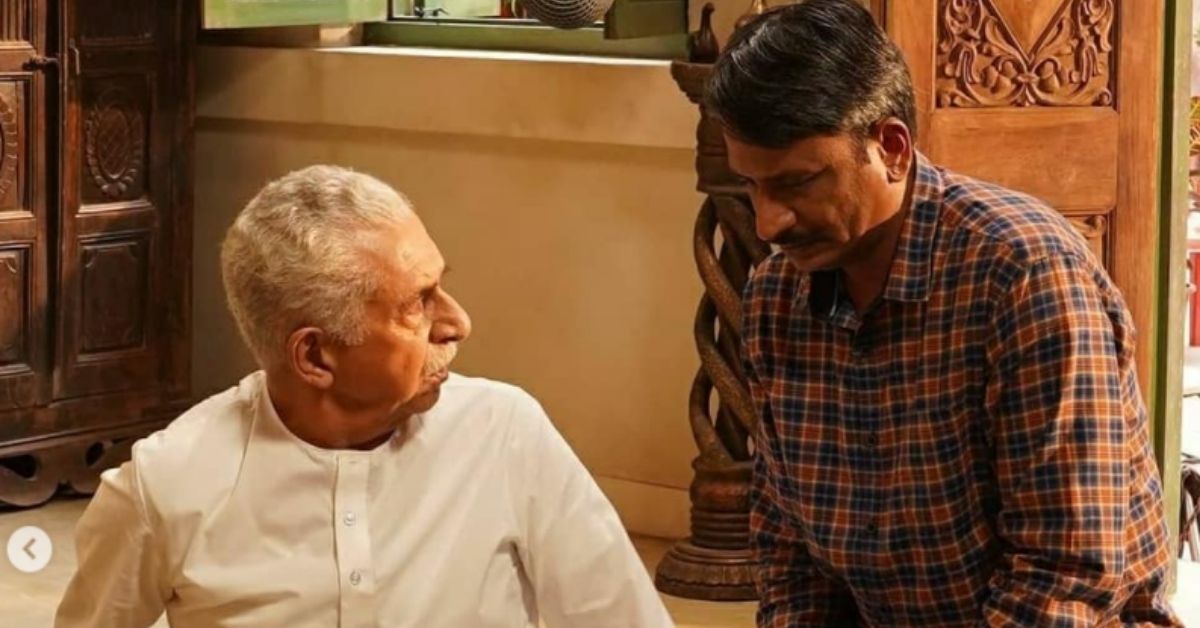
‘When I had no work…’
Rajesh’s first acting job came in 1994 for the Doordarshan-aired series Shanti. He recalls an interesting tale that got him the auditions for this series which went to redefine Indian television.
“I was actually in the bathroom of NSD when one of its crew members saw me and told me to audition for it in Delhi. The next thing I knew I was in Mumbai shooting for three years. I got an instant, albeit short-lived fame,” he shares. 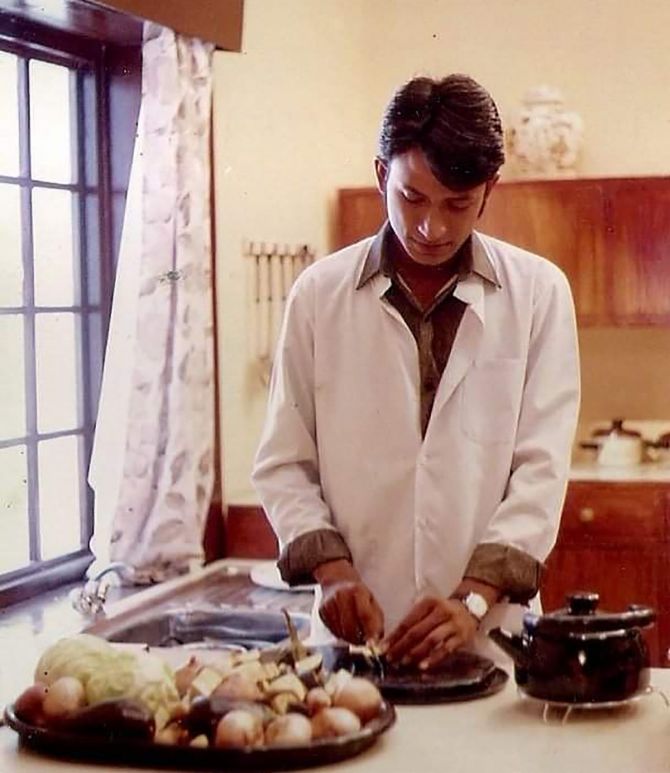
The turn of the decade saw satellite tv and channels like Star Plus and Sony were born. The serials aired on other channels were different so Rajesh decided to enter into films.
He made his debut as an old man and then went on to do small roles in a couple of movies. At one point, he realised there was nothing for him in Mumbai so he packed his bags and moved to Delhi.
For the next 5-6 years, he would stay in the Capital and evolve himself through theatre stints and by teaching diction at NSD. He sharpened his writing skills and kept himself occupied to overcome Mumbai’s disappointment.
“Films or the lack of them could never deter me because I kept experimenting with other art forms. This positive attitude of being flexible helped me a lot in the challenging times,” he adds.
At NSD, he took up freelancing work as an accent coach for Richie Mehta’s (the director of Delhi Crime) short film. He also wrote the Hindi dialogues and acted in a small role. 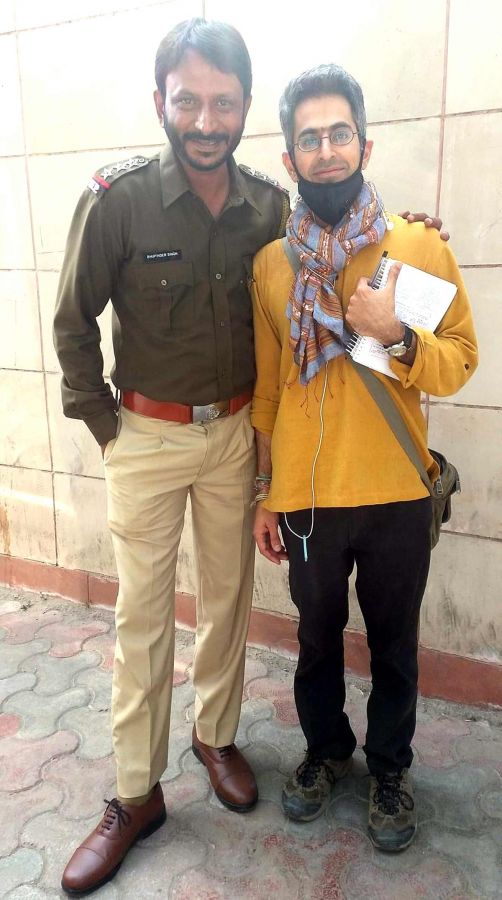
The one-time work got him a career-defining role in 2012.
Richie offered him the lead role in the Siddharth movie. Here he was a father in Delhi who is searching for his missing son across the country. It is hard to imagine anyone else portraying the struggles of a father the way Rajesh does. He does full justice to the role as his emotions oscillate between hope and despair.
While the film got very little response at the box office, it travelled to several film festivals and won many nominations and awards.
This role cemented his place in the movie industry and paved the way for bigger and better roles.
“I bagged a major role in Second Best Exotic Marigold Hotel (2015) and got a chance to work alongside actors like Richard Gere, Bill Nighty and of course, Judi Dench,” says Rajesh, who asserts he is open to working in Hollywood films. 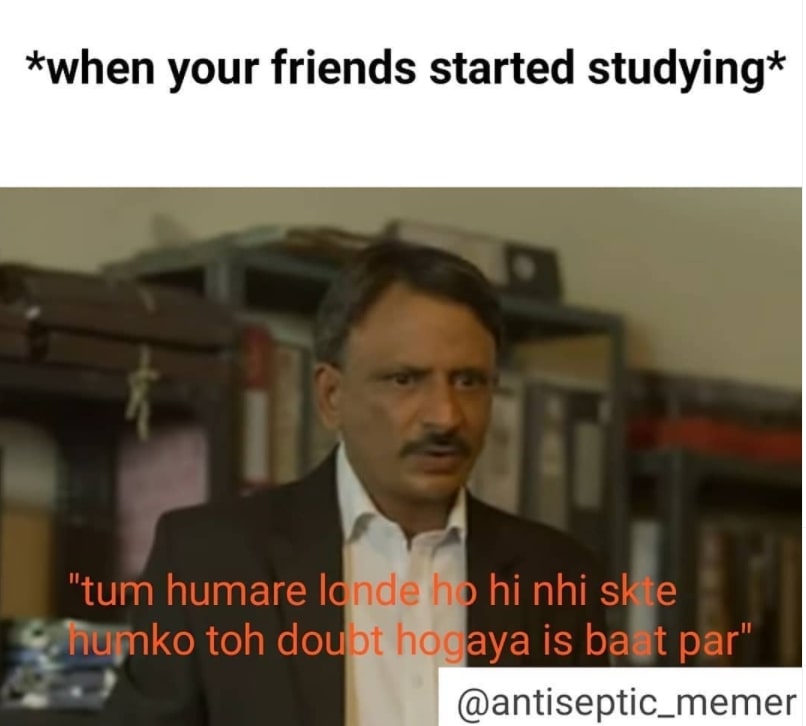
Other films that he starred in were Umrika (2015), Phantom (2015), Omerta (2017) and Mukkabaaz (2017).
A Bigger Canvas
Playing the lone wolf who is fighting for justice and upholding the law amidst a slew of characters that understand the language of guns and violence can be tricky. The ‘righteous character’ can likely seem boring in front of the daredevils, according to him.
But he ensured this did not happen with his role in Mirzapur. A lawyer, he is constantly fighting against the injustices only to realise his two sons have joined the notorious gang led by ‘Kaleen bhaiya’ (Pankaj Tripathi). 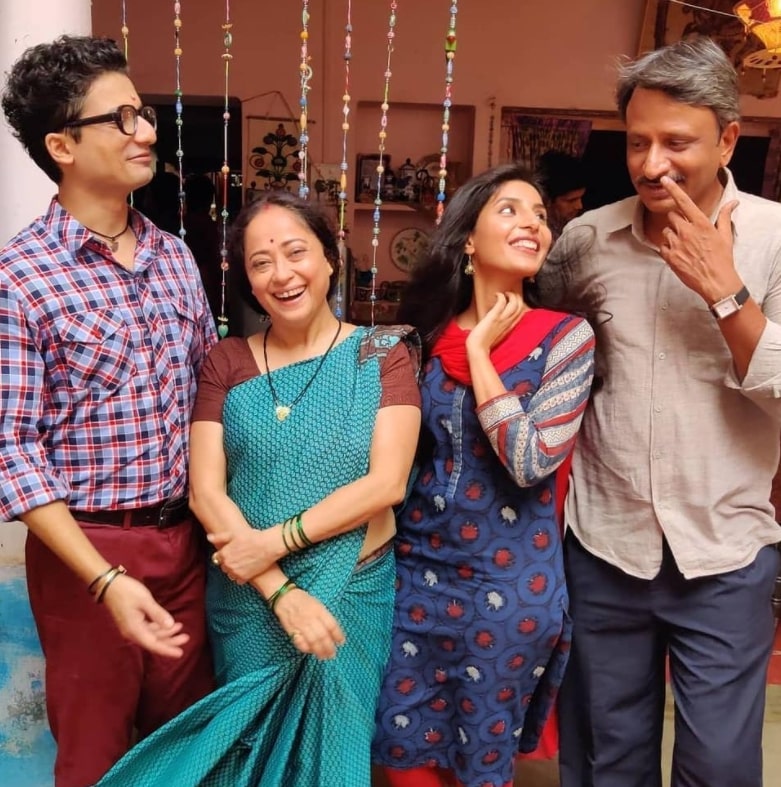
He exerts his strong will onscreen by putting on a brave face, which at times is heartbreaking. The scene where he fearlessly removes the gun and points it at the goon who is threatening him in the court is a personal favourite.
He also won many hearts and applause as inspector Bhupinder Singh in Delhi Crime and of course as Mohan Kumar in Selection Day. 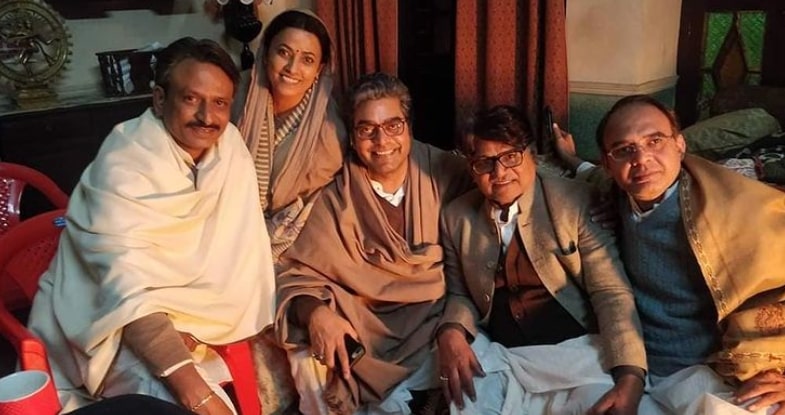
“I chanced upon OTT when it was not so popular. I had no idea about the format but I gave it a chance. It is a bigger canvas that promotes well-rounded characters and subplots that viewers can connect with. I got lucky with all the success and appreciation,” he adds. He will soon be seen in Netflix’s Delhi Crime 2 and Hotstar’s Fear.
Although he credits his luck for the choices he made, very few are aware that it is his constant zeal of learning and unlearning that has made him excel at this art. 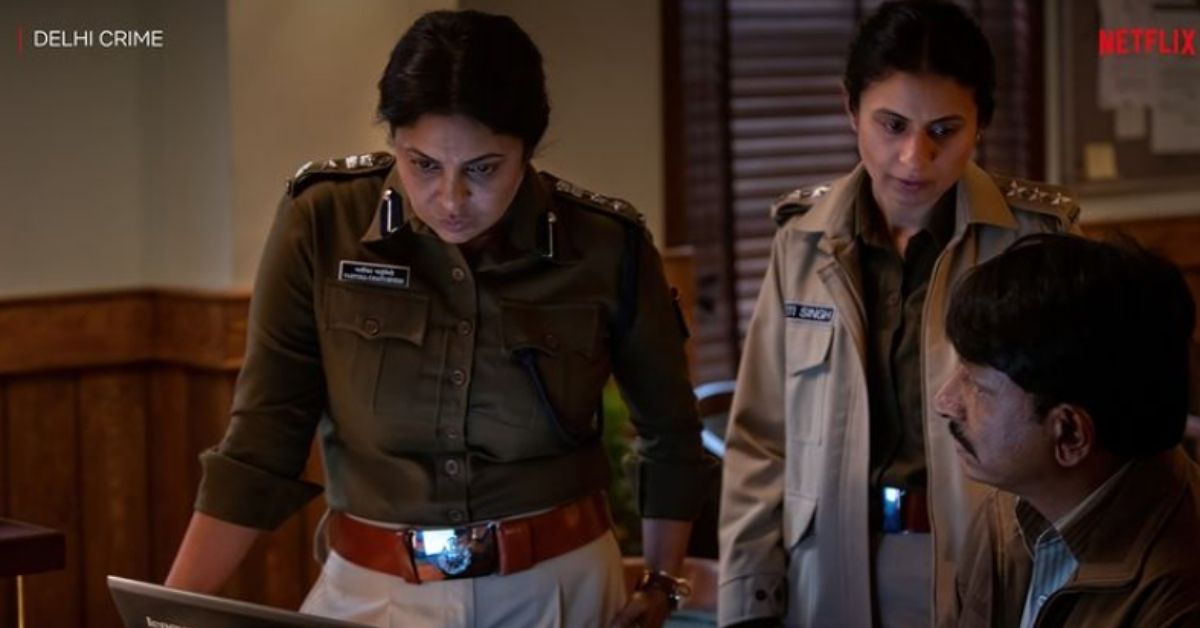
He has written dialogues, scripts and stories for documentaries, short films and television series. He has been writing as a form of self-expression since he was 10.
He also runs his own show ‘Chand Pe Chai’ on the YouTube Channel ‘Theatre Talkies’. He is seen reading poems and interacting with other poets.
“I had written poetry for my crush when I was 17, and recently I published my book ‘Chand Pe Chai’, which is a collection of poetries. I have been inspired by Ghalib and Gulzar ji. So when Gulzar ji wrote the foreword for my book, I was on cloud nine,” he says.
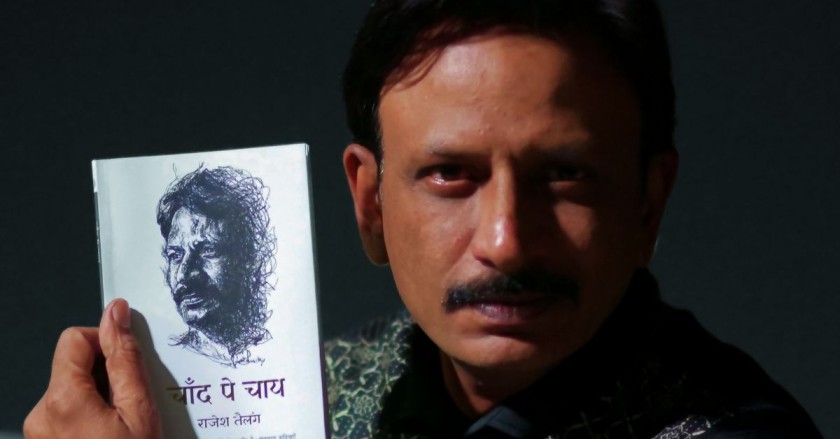
On a parting note, he shares a few lines from his poem ‘Din Main Khwab’ (Daydreaming):
Abhi toh roz akbhar aata hai (The newspaper comes daily)
Kaise khabre laata hai (What kind of news it gets)
Tumhe pata hi hoga (You will know)
Ek din tum akhbar aane se pehle (One day before the newspaper arrives)
Subeh subeh achi khabar si chali aaogi (You will come like good news in the morning).
Sources:
Edited by Yoshita Rao
This story made me
- 97
- 121
- 89
- 167
Tell Us More
We bring stories straight from the heart of India, to inspire millions and create a wave of impact. Our positive movement is growing bigger everyday, and we would love for you to join it.
Please contribute whatever you can, every little penny helps our team in bringing you more stories that support dreams and spread hope.



















